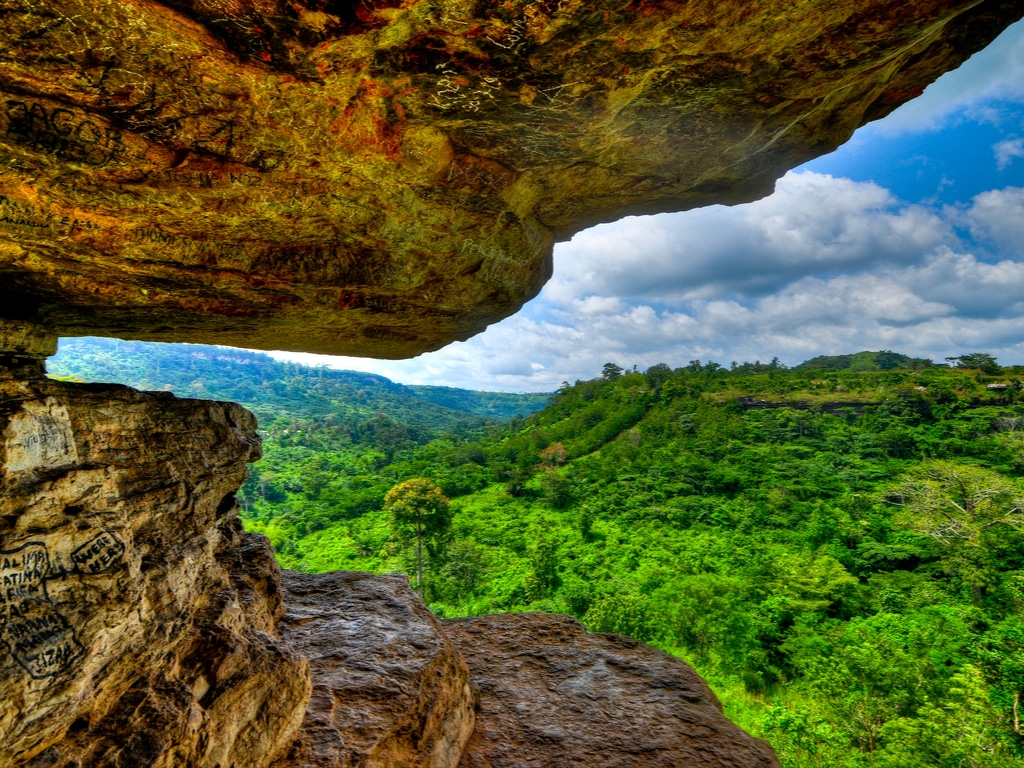Biodiversity degradation in Ghana is a concern for the government. The West African country is prone to deforestation, which is accelerating due to the lack of adequate control of agricultural practices, mining, fuelwood collection and illegal hunting.
The Landscapes and Environmental Agility across the Nation (LEAN) project aims to protect this threatened biodiversity. Recently launched in Ghana, the project is being implemented by a coalition of organisations including World Vision, Tropenbos Ghana, EcoCare Ghana and Rainforest Alliance. “The LEAN project will build climate resilience, reduce emissions from land-use change in Ghana’s savannah, high forest and transitional areas and help local farmers improve their livelihoods,” says EcoCare Ghana.
European Union funding
The LEAN project will also address ecosystem conservation by looking at working landscapes, alternative livelihood opportunities for smallholder farmers and climate change adaptation and mitigation opportunities. “The objectives of the LEAN project are aligned with the strategies underpinning Ghana’s 2012 Forest and Wildlife Policy. About 70% of local community members depend on the forest for their food and energy needs,” says Musah Abu Juam, the Director of Forestry at Ghana’s Ministry of Lands and Natural Resources.
The fight against deforestation
The LEAN project, which is due to end in 2024, is funded with $4 million from the European Union (EU) under the Global Climate Change Alliance Plus (GCCA+). The initiative aims to build the resilience of vulnerable countries to climate change. Under GCCA+, the EU also supports these countries in implementing their commitments resulting from the Paris Climate Agreement signed in 2015 at the 21st Conference of the Parties (COP21).
Read Also – Africa’s challenge to preserve its biodiversity
In Ghana, the international organisation Rainforest Alliance is also implementing an initiative to combat deforestation called “Tech4Communities, Hybrid Community-Based Monitoring System (HCMS)”. The project targets the Sefwi-Wiawso district in the west. According to Rainforest Trust, in 2018, the country experienced an alarming 60% decrease in primary forest.
Inès Magoum
